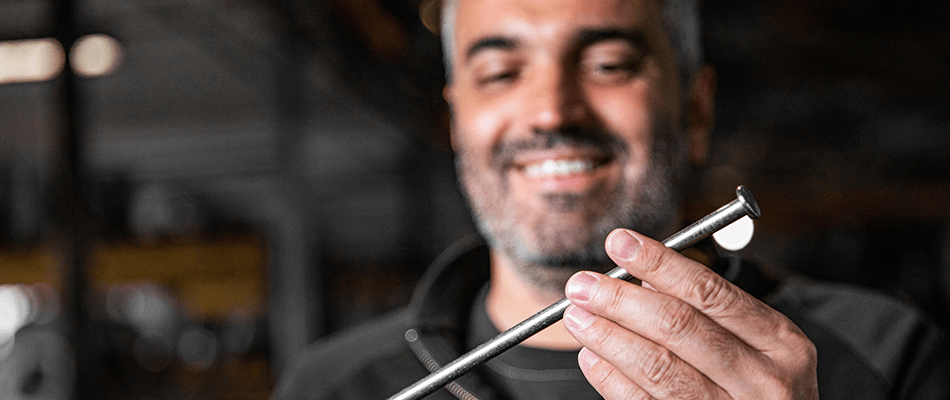Fairness has always played a crucial role at "Nagli"; both in the team and with respect to customers and suppliers, in line with the corporate philosophy, "people before profit". "We aren't the right partner for someone who is merely looking for the cheapest price. We stand for a high level of service and flexibility. Even if a customer forgets to place an order, we take care of their issue," says Thomann. "Nails will always be needed, but perhaps just different types. Our job is to continuously adapt to customer requirements," explains Matic. "We always have been, and still are, open to new things, which is why it's going so well." "Nagli" now produces over 320 types of nails – a figure that is growing. As well as from loyal Swiss customers, more and more inquiries are being received from abroad with respect to custom-made products.
The factory's future is particularly dependent on the people who work there. For this reason, succession planning is ascribed a high level of significance. A good mix and the perfect age structure are essential: The youngest employee is 33, while the oldest is 66 years old.
